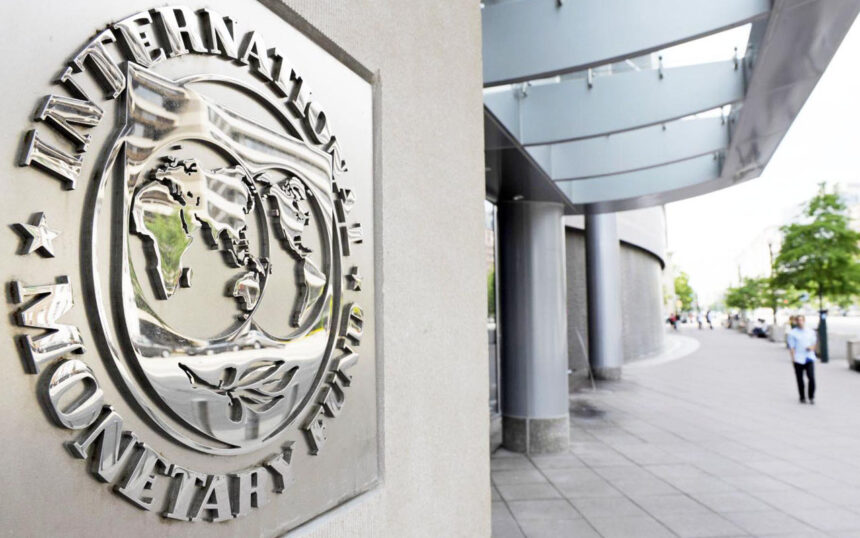Nigeria has officially cleared its $3.4 billion loan obligation to the International Monetary Fund (IMF), marking a pivotal achievement in the country’s economic recovery journey.
The loan, disbursed in April 2020 under the IMF’s Rapid Financing Instrument (RFI), was aimed at cushioning the impact of the COVID-19 pandemic and the global oil price crash.
According to a statement by the IMF Resident Representative in Nigeria, Dr. Christian Ebeke, the country completed the repayment as of April 30, 2025.
The five-year repayment plan included a moratorium period of 3.25 years, with repayments beginning in the third quarter of 2023.
ALSO READ: US offers $15m, $10m rewards for information to arrest two wanted drug traffickers
Despite settling the principal loan, Nigeria will continue to make annual payments of around $30 million in Special Drawing Rights (SDR) charges.
These charges are based on the difference between the country’s SDR holdings—currently SDR 3.164 billion (US$4.3 billion)—and its total SDR allocation of SDR 4.027 billion (US$5.5 billion). Payments will continue until the two balances are equal.
Former presidential aide Tolu Ogunlesi, via his X (formerly Twitter) handle, applauded the milestone.
“This US$3.4 billion—equivalent to 100% of our SDR quota—has now been fully repaid, in line with the agreement,” he noted.
“President Bola Ahmed Tinubu has kept to the terms. As of May 2025, the loan is fully cleared. Naija no dey carry last, and we no dey default.”
Figures from the IMF confirm Nigeria’s consistent repayment trajectory: June 30, 2023: $2.45 billion outstanding; Dec 31, 2023: $1.84 billion; June 30, 2024: $1.23 billion; March 31, 2025: $306.8 million; May 07, 2025: $0.
Analysts believe that this milestone reinforces Nigeria’s creditworthiness and signals a renewed commitment to fiscal discipline amid ongoing economic reforms.






